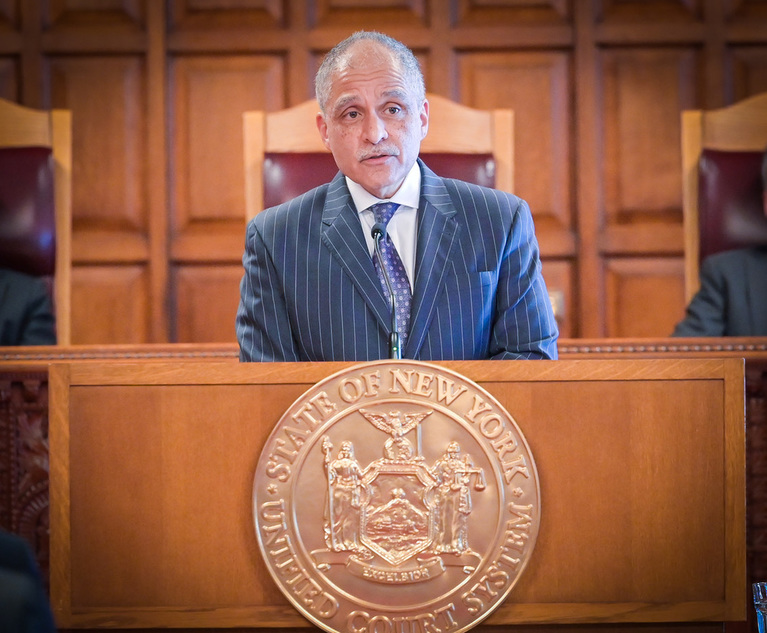In our last column, we discussed the ability of owners to commence ejectment actions in Supreme Court as an alternative to holdover proceedings in the New York City Civil Court’s landlord-tenant part (or the analogous part in other local courts)—an option being chosen by many owners in light of the COVID-19 pandemic grinding landlord-tenant cases to a virtual halt. The pandemic is affecting the choice between ejectment actions and holdover proceedings in another significant way.
As rent defaults skyrocket in 2020, practitioners reviewing the default provisions in their clients’ commercial leases must ask themselves a crucial question: does the provision set out a conditional limitation or a condition subsequent? The answer to this arcane question—which can trip up even experienced attorneys—will determine the forum in which an owner can recover possession. The common assumption among many practitioners is that all landlord-tenant cases can be brought in the Civil Court. However, while this is true in connection with a lease termination based upon a conditional limitation, landlord-tenant courts—in which proceedings are governed by the Real Property Actions and Proceedings Law (RPAPL)—lack subject matter jurisdiction if the termination results from a condition subsequent.


 Warren Estis, left, and Alexander Lycoyannis. Courtesy photos
Warren Estis, left, and Alexander Lycoyannis. Courtesy photos




